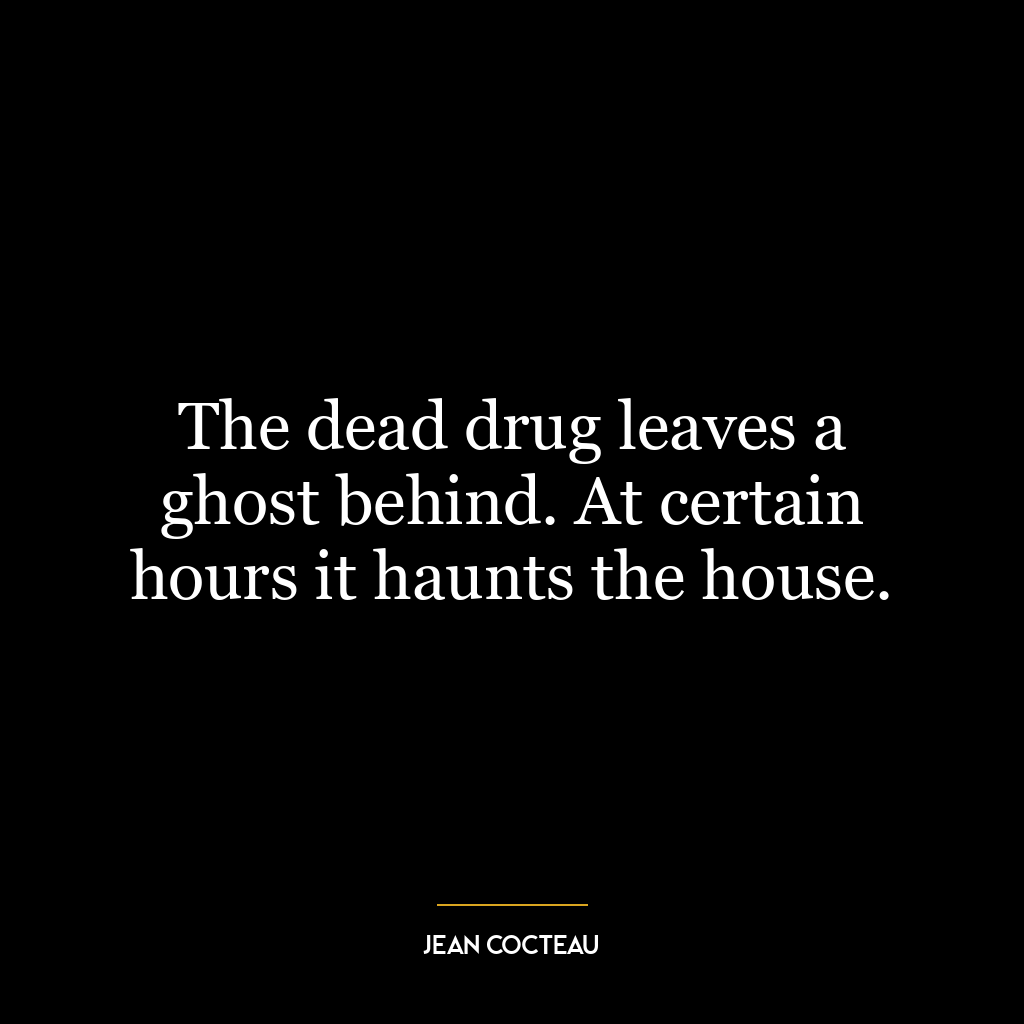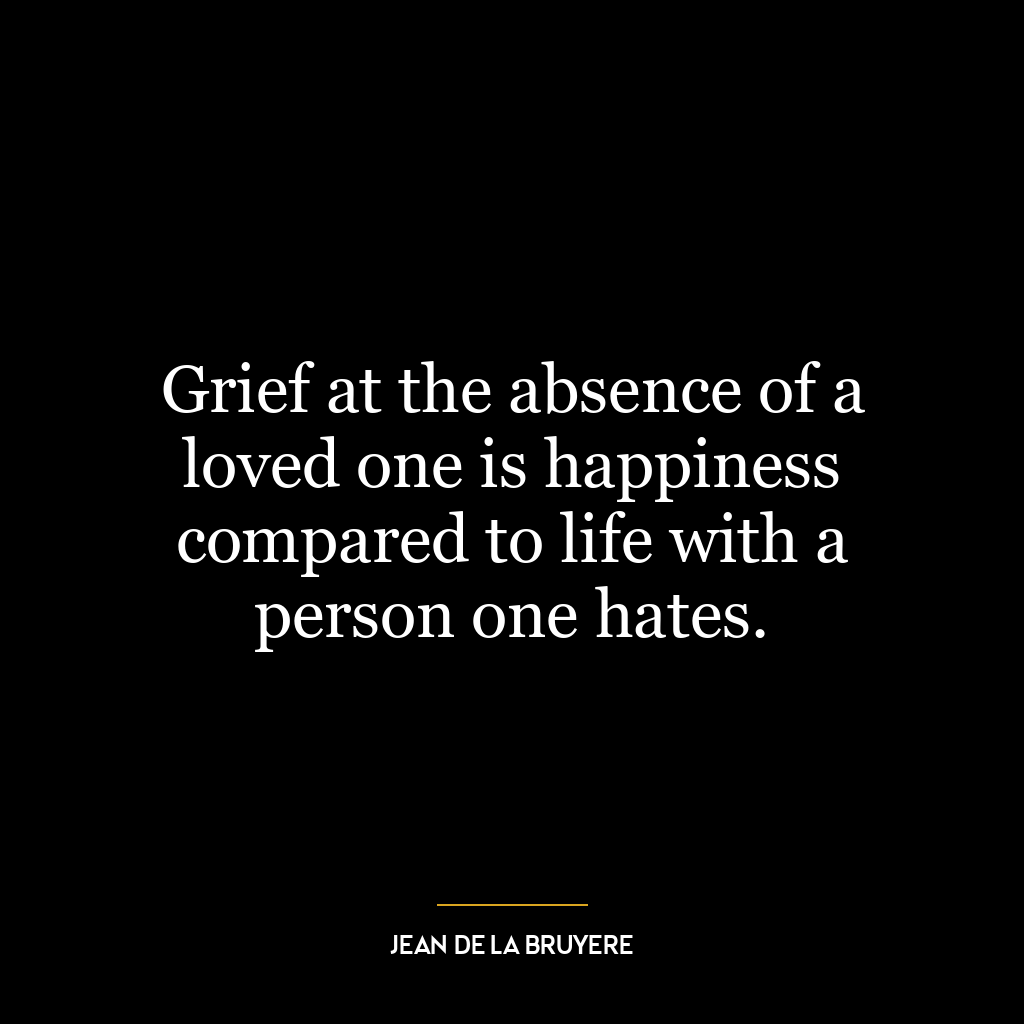“Where grief is fresh, any attempt to divert it only irritates” is a profound reflection on the nature of human suffering and the process of healing. The quote essentially suggests that when a person is in the throes of fresh grief, attempts to distract or divert them from their pain can be more irritating than helpful. This irritation arises because such attempts often come across as dismissive or insensitive towards the depth and intensity of their emotional turmoil.
The essence here lies in understanding that grief is not something one can simply brush aside or ignore; it demands recognition, validation, and time for healing. When someone tries to hastily push away this natural process by offering distractions or quick-fix solutions, it feels like an intrusion—a forced interruption that can aggravate rather than alleviate pain.
In today’s world where everything moves at a fast pace, this idea holds significant relevance. People are often expected to ‘move on’ quickly from losses and setbacks—be they personal tragedies like death or heartbreaks or professional failures like job loss or business failure. Society tends to prioritize productivity over mental health which leads people trying to rush through their grieving process.
However, this quote reminds us that such an approach isn’t just unhelpful but potentially harmful too. It underscores the importance of giving ourselves and others sufficient space and time to grieve—to fully experience our feelings before we try moving past them.
In terms of personal development too, embracing rather than avoiding negative emotions plays a crucial role in fostering emotional resilience and maturity. By allowing ourselves to feel our grief fully—and by respecting others’ need for doing so—we learn how to cope with life’s hardships in healthier ways instead of resorting to denial or avoidance.
So whether you’re dealing with your own grief or supporting someone else through theirs, remember: there’s no need for rushing things; no need for diversionary tactics. Sometimes all we really need is patience—the patience for letting sorrow run its course until it naturally subsides.















